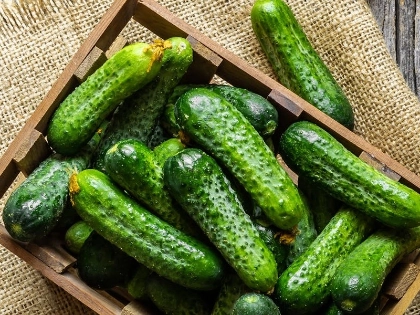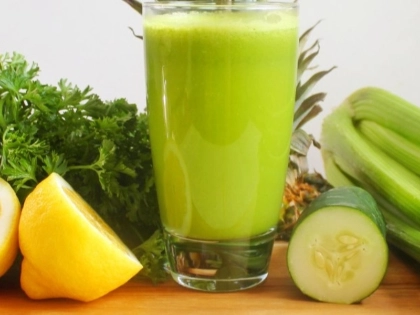What Fruit is Best Before Bed For Sleep?
Fruit at bedtime can promote sleepiness and promote a restful night's sleep. Just watch out that nothing high in fat or sugar is included in the snack, as these things can cause indigestion. Natural melatonin found in tart cherries and tart cherry juice helps induce slumber. They can be consumed whole or mixed into yogurt, cereal, or protein smoothies.
Bananas
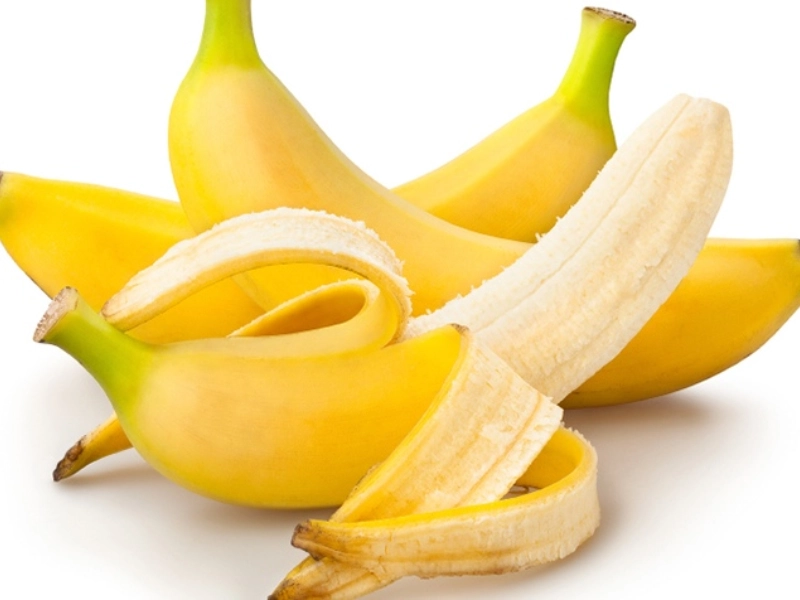 Unbeknownst to you, some fruits—like bananas—can improve your quality of sleep. Many have been aware of this fruit that promotes sleep thanks to a widely shared TikTok hack.
In addition to being a popular quick breakfast option and smoothie ingredient, bananas are a great source of nutrients that promote better sleep. They have a lot of potassium, which helps ease muscle tension and encourage sound sleep. Moreover, they contain a lot of vitamin B6, which aids in the conversion of tryptophan, an amino acid, into serotonin, a molecule that is a precursor to melatonin.
In addition, the USDA states that a medium banana has 422 mg of potassium, or 10% of the daily requirement based on a diet of 2,000 calories. It's crucial to consume meals high in potassium if you have a blood pressure medication or are sensitive to salt. Despite being frequently disregarded, this nutrient is essential to your overall health and wellbeing. For improved sleep, consider incorporating a banana into your bedtime routine. As an additional alternative that promotes sleep, consider kiwi. Adults who ate two kiwis an hour before bedtime fell asleep more quickly than those who didn't, according to a four-week study.
Unbeknownst to you, some fruits—like bananas—can improve your quality of sleep. Many have been aware of this fruit that promotes sleep thanks to a widely shared TikTok hack.
In addition to being a popular quick breakfast option and smoothie ingredient, bananas are a great source of nutrients that promote better sleep. They have a lot of potassium, which helps ease muscle tension and encourage sound sleep. Moreover, they contain a lot of vitamin B6, which aids in the conversion of tryptophan, an amino acid, into serotonin, a molecule that is a precursor to melatonin.
In addition, the USDA states that a medium banana has 422 mg of potassium, or 10% of the daily requirement based on a diet of 2,000 calories. It's crucial to consume meals high in potassium if you have a blood pressure medication or are sensitive to salt. Despite being frequently disregarded, this nutrient is essential to your overall health and wellbeing. For improved sleep, consider incorporating a banana into your bedtime routine. As an additional alternative that promotes sleep, consider kiwi. Adults who ate two kiwis an hour before bedtime fell asleep more quickly than those who didn't, according to a four-week study.
Almonds
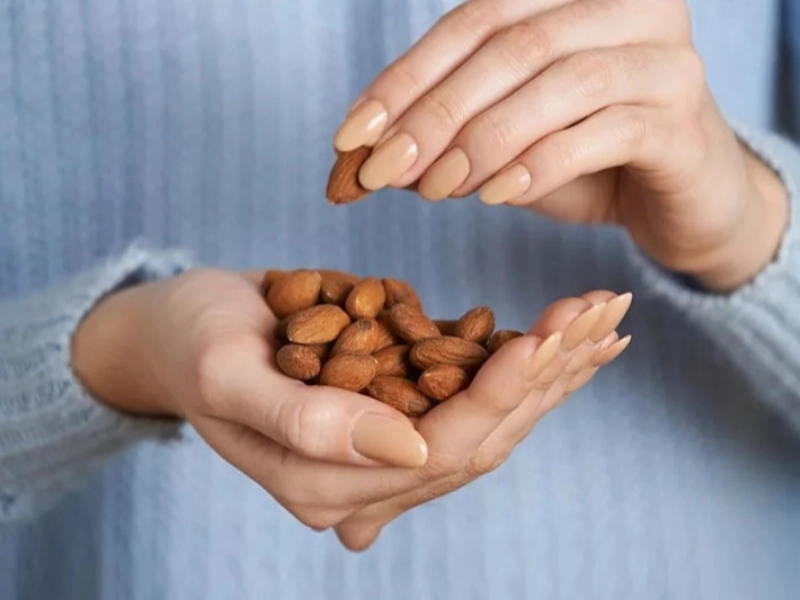 The well-liked nuts are an excellent source of melatonin and magnesium, which promote sleep. In addition to having 77 milligrams of this crucial mineral in a single 1-ounce dosage, tryptophan also helps to promote the generation of neurotransmitters that soothe the brain. Additionally, the snack has a lot of protein, which encourages muscular relaxation and helps blood sugar remain stable as you sleep. Consume as is or blend into a smoothie.
Keeney claims that while pineapple aids in digestion and raises melatonin levels, it is also a fruit that promotes sleep. The enzyme bromelain, which also aids in the treatment of digestive disorders including IBS and constipation, is primarily responsible for this.
Milk is a good source of calcium, vitamin D, tryptophan, and other elements that help you sleep. A glass of milk can be consumed cold or warmed up for a comforting beverage before bed. You can also include some nuts or dried fruit for even more sleep-inducing benefits. But because nuts are heavy in calories, you should try to avoid eating too many of them right before bed.
The well-liked nuts are an excellent source of melatonin and magnesium, which promote sleep. In addition to having 77 milligrams of this crucial mineral in a single 1-ounce dosage, tryptophan also helps to promote the generation of neurotransmitters that soothe the brain. Additionally, the snack has a lot of protein, which encourages muscular relaxation and helps blood sugar remain stable as you sleep. Consume as is or blend into a smoothie.
Keeney claims that while pineapple aids in digestion and raises melatonin levels, it is also a fruit that promotes sleep. The enzyme bromelain, which also aids in the treatment of digestive disorders including IBS and constipation, is primarily responsible for this.
Milk is a good source of calcium, vitamin D, tryptophan, and other elements that help you sleep. A glass of milk can be consumed cold or warmed up for a comforting beverage before bed. You can also include some nuts or dried fruit for even more sleep-inducing benefits. But because nuts are heavy in calories, you should try to avoid eating too many of them right before bed.
Honey
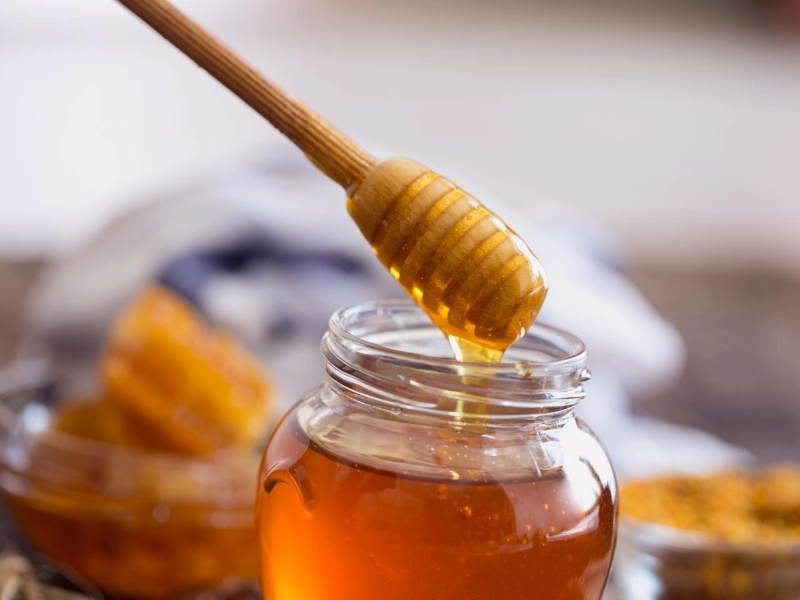 Folk healers from ancient China and Europe have long recommended drinking a glass of warm milk with a teaspoon of honey to ensure a restful night's sleep. Melatonin is known to encourage sleep, and honey has the power to stimulate it. According to one study, eating honey before bed can relieve coughing fits and lower the risk of upper respiratory infections.
Natural sedatives, rich in potassium and magnesium, which relieve tense muscles, are found in bananas. Additionally, they include tryptophan, which supports the brain's normal synthesis of melatonin and serotonin. Consume as is or blend into a smoothie to induce slumber.
If a banana isn't available, grab some unsalted almonds or seeds instead. Tryptophan, an amino acid that aids in boosting melatonin production, and magnesium are both abundant in them. Nuts also aid in blood sugar stabilization and the body's transition from an adrenaline-fueled alert state to a sleep-and-digest state. However, keep in mind that eating a lot of sodium-rich food as a snack will disrupt your sleep.
Folk healers from ancient China and Europe have long recommended drinking a glass of warm milk with a teaspoon of honey to ensure a restful night's sleep. Melatonin is known to encourage sleep, and honey has the power to stimulate it. According to one study, eating honey before bed can relieve coughing fits and lower the risk of upper respiratory infections.
Natural sedatives, rich in potassium and magnesium, which relieve tense muscles, are found in bananas. Additionally, they include tryptophan, which supports the brain's normal synthesis of melatonin and serotonin. Consume as is or blend into a smoothie to induce slumber.
If a banana isn't available, grab some unsalted almonds or seeds instead. Tryptophan, an amino acid that aids in boosting melatonin production, and magnesium are both abundant in them. Nuts also aid in blood sugar stabilization and the body's transition from an adrenaline-fueled alert state to a sleep-and-digest state. However, keep in mind that eating a lot of sodium-rich food as a snack will disrupt your sleep.
Lemon
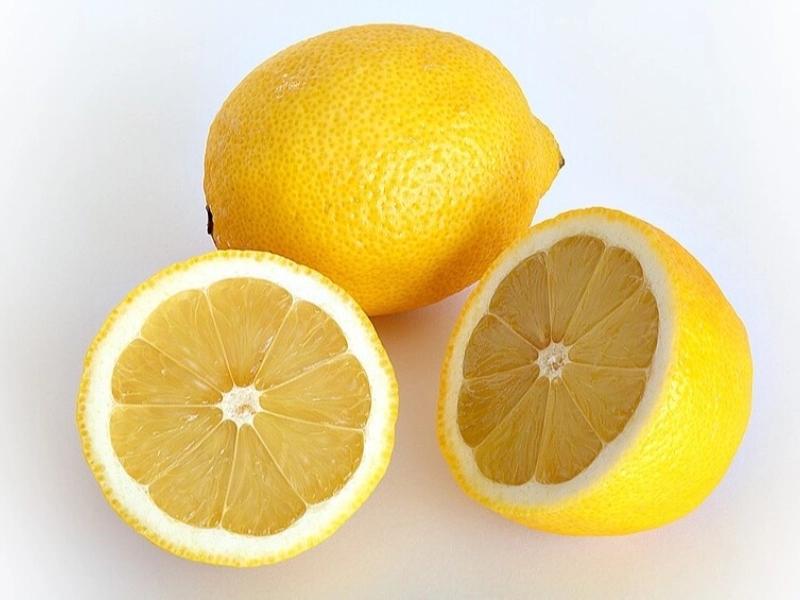 Vitamin C, which is abundant in lemons, may help with sleep. Additionally, it can help prevent dyspepsia. On the other hand, if you consume too much lemon juice or if you drink it empty-handed, it may cause acid reflux and heartburn at night, which could keep you awake. First of all
Try sipping a cup of warm lemon-ginger tea before bed for a better night's sleep. Rich in the calming herb citrus limon and the sedative ginger (Zingiber officinale), this elixir soothes and calms. (2)
Shapiro approves of pineapple because of its potent melatonin-boosting ability. The enzyme bromelain, which is present in this tropical treat, is thought to raise melatonin levels by up to 266 percent. Additionally beneficial to digestion, pineapple helps ease nighttime stomach discomfort. Water is essential to consume at all times, but especially before bed to stay hydrated and support healthy bodily functions. Drinking liquids immediately before bed can trigger impulses to use the restroom in the middle of the night.
Vitamin C, which is abundant in lemons, may help with sleep. Additionally, it can help prevent dyspepsia. On the other hand, if you consume too much lemon juice or if you drink it empty-handed, it may cause acid reflux and heartburn at night, which could keep you awake. First of all
Try sipping a cup of warm lemon-ginger tea before bed for a better night's sleep. Rich in the calming herb citrus limon and the sedative ginger (Zingiber officinale), this elixir soothes and calms. (2)
Shapiro approves of pineapple because of its potent melatonin-boosting ability. The enzyme bromelain, which is present in this tropical treat, is thought to raise melatonin levels by up to 266 percent. Additionally beneficial to digestion, pineapple helps ease nighttime stomach discomfort. Water is essential to consume at all times, but especially before bed to stay hydrated and support healthy bodily functions. Drinking liquids immediately before bed can trigger impulses to use the restroom in the middle of the night.


